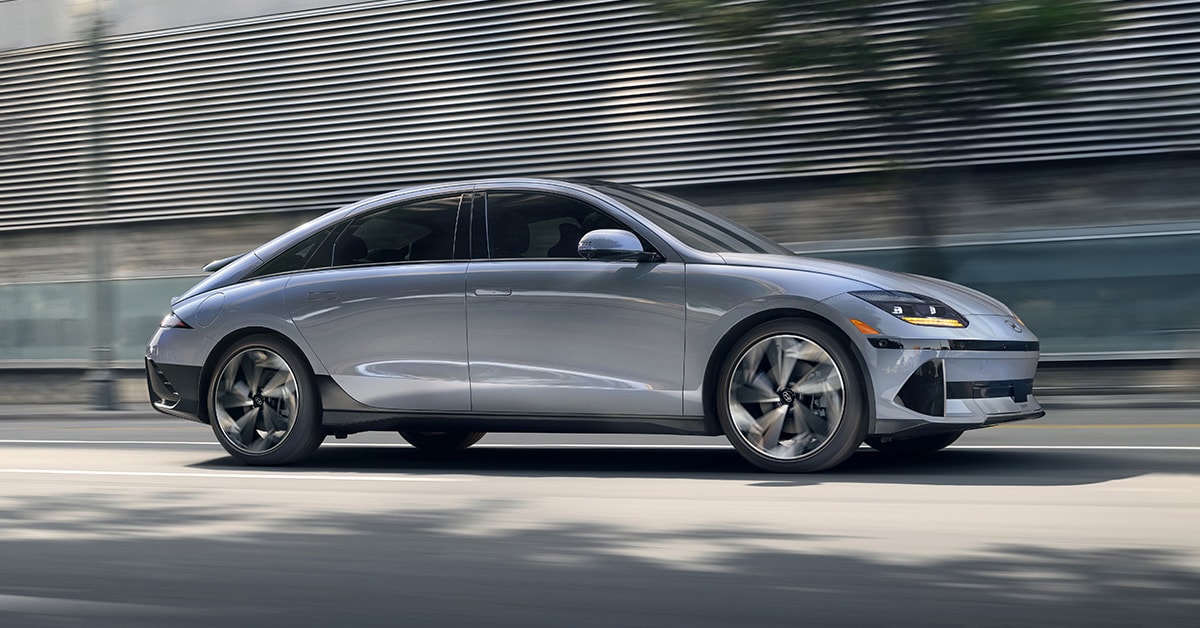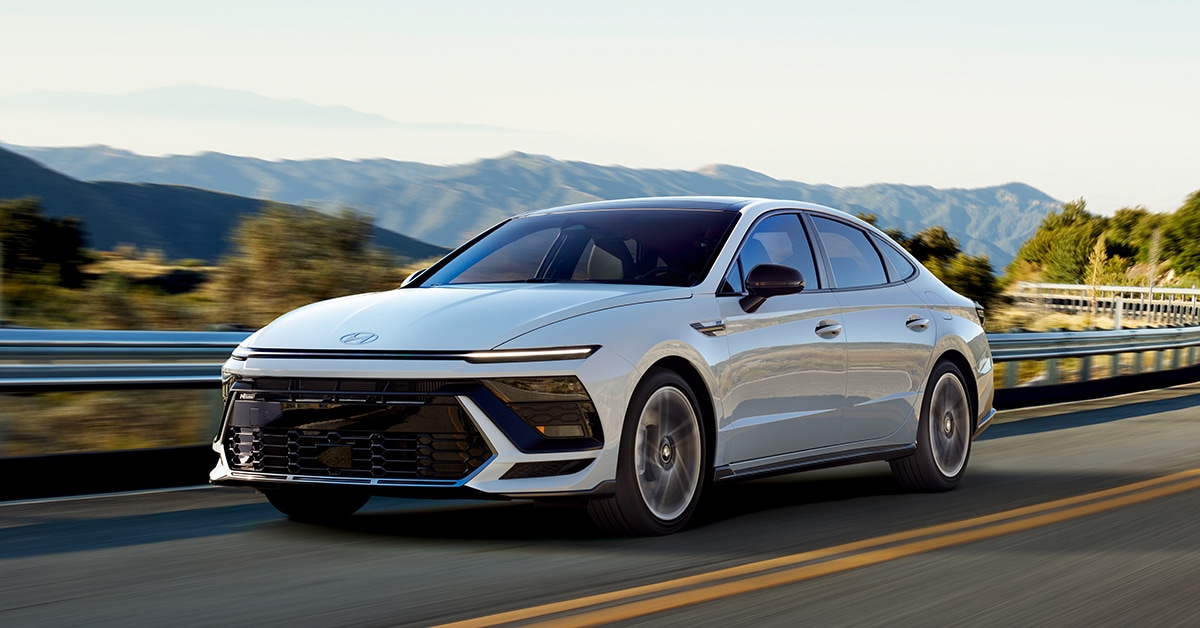A car lease is a great option for many drivers. After all, leasing a car allows you to drive the latest models, enjoy cutting-edge features, and regularly adjust your vehicle to your current preferences.
Of course, it’s important to understand the leasing process—and ensure that your lease agreement meets your needs—before signing any papers.
In this guide, we’ll walk you through how Canadian car leases work and explain what you can expect from Hyundai Canada’s leases.
Guide to Canadian Car Leases
Leases can be complex legal agreements, so it’s important to make sure that you fully understand how they work before signing any papers. Below, we will cover the basics of leasing a car in Canada, including what to expect from your lease terms and what you should consider before leasing a car.
What is a Car Lease?
A car lease is essentially a long-term car rental agreement.
The organization that owns the car (also known as the lessor) gives a particular individual (also known as the lessee) permission to use the car for a set period of time. Once the term is up, the lessee typically returns the car to the lessor—although many lease agreements give the lessee a few different options at that point, including buying the car outright.
Lease payments are generally based on how much the car is expected to depreciate within a particular period of time, rather than the total value of the car. As a result, lease agreements often include reasonable use limits to ensure that the car is not used or damaged so heavily that it depreciates more than expected.
Benefits of Leasing a Car in Canada
A car lease can provide drivers with a wide range of benefits. If you lease a car, you can expect to:
- Save on monthly payments: Since lease payments cover a vehicle’s depreciation instead of its total value, they are usually cheaper than finance payments.
- Access the latest models: When you upgrade a leased vehicle every few years, you have access to the latest models—along with their cutting-edge technology and safety features. You also get to enjoy any improvements to fuel efficiency, which can save you money over time.
- Avoid long-term maintenance headaches: Older vehicles often require costly repairs. Fortunately, leased vehicles are typically returned long before these issues begin to pop up.
- Enjoy flexible terms: Many leases offer a variety of options throughout and towards the end of the lease term, allowing you to customize your plan and adjust it as your needs change.






